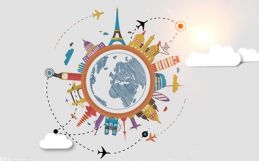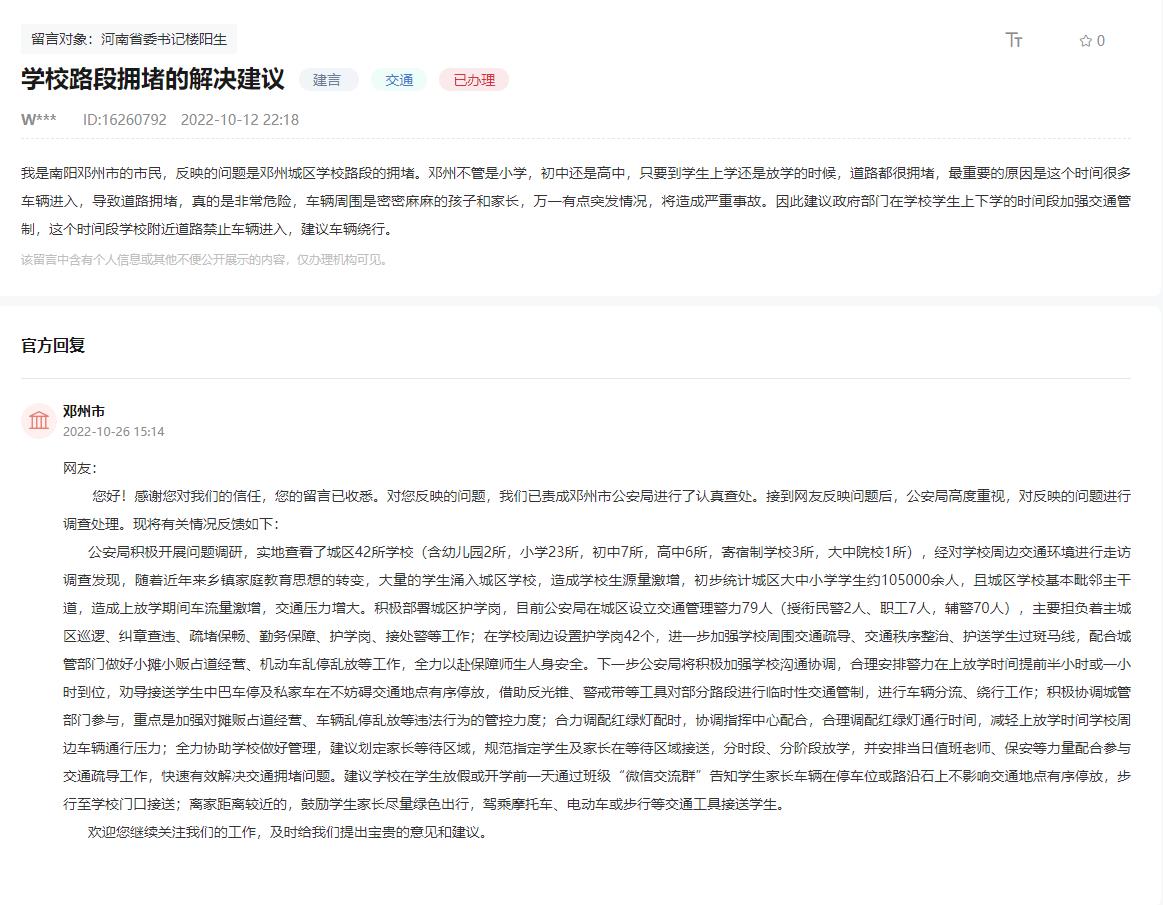加息让美国骑虎难下,中国却是老虎骑士,美国又有银行要破产_当前简讯
美国又有一家银行面临破产的风险,第一共和国银行已经走到了破产边缘,被他拖垮的还有众多银行资本家,就在上个月,美国11家大型银行才刚刚向第一共和国银行注入300亿美元存款,如果第一共和国银行破产,还不知道会不会有进一步的连锁反应。
起初大家认为美国加息是收割全球
美国加息是众多经济学家早在几年前就已经预测好的,目的是通过加息行为,吸引全球资本回美国。很多经济学家,还把这种行为理解为美国在收割全球的韭菜。比如:针对中国,美国加息可以导致中国外汇外流美国;针对欧盟,可以令美元升值,让由美元定价的欧洲必需品——石油和天然气价格上涨,起到敲打欧盟的作用;同时,还会让很多小国家资本外流,本币信用度下降,让美元重回霸权地位。
 (资料图片仅供参考)
(资料图片仅供参考)
加息让美国骑虎难下,中国却是老虎骑士
然而,美国加息似乎每一脚都踩到坑里。一季度,美国GDP增长只有1%,当时通胀率接近6%,美债利息已经飙到4.3%,如果要靠加息抵消通胀率,得加息到6%,这简直是天方夜谭。美国为啥这么倒霉呢?
第一个坑,中国宣布数字货币交易非法,这导致全球数字货币市场动荡,各种数字货币暴跌,暴跌导致锁定在数字资产的美金,回流美国市场,加剧通货膨胀。
第二个坑,中国反其道行之,别国跟着加息,中国反而宣布降准,不仅不收拢资金,反而释放资金,进一步导致美元回流美国。
第三个坑,中国和日本持续抛售美债,美债都被美国人自己接盘了,一边是高昂的利息要支付,另一边是依然压不住的通货膨胀,这些压力就都到了银行业这里了。
加息引发银行业盈利能力下降
加息意味着大家不用投资,只需要把钱放在银行里就可以盈利。通胀又让企业投资利益受损,进一步收紧投资,不贷款了。这样一来,银行拿着大笔资金要支付储户的利息,另一方面,贷款发放不出去,导致收支不平衡,面临亏损。所以大量银行又把钱投入利息高昂的美债,成为了美债的接盘侠。
然而,美国舆论是不受控制的,关于银行亏掉本金的谣言一旦开始传播,美国人就开始疯狂的挤兑。这样就导致美国的银行接连出现问题,之前有硅谷银行,现在是第一共和国银行,故事基本都如出一辙。
中国不加息,其实是对的。不知道有没有和我一样是做生意的朋友。此前,我们小微企业要到银行贷款,求爷爷告奶奶都不一定能贷到。但是最近,银行开始给我们企业主打电话,主动推销贷款业务,而且授信额度还不低。不加息,正好是在这个大家都不怎么敢投资的时期,降低银行盈利压力的正确手段。美式金融学,这一次,反而没有显露出我们中国人的智慧。
英文版:Why do banks in the United States go bankrupt so easily? Crazy interest rate hikes, bringing down capitalists.
Another U.S. bank is at risk of bankruptcy. First Republic Bank has already reached the brink of bankruptcy, dragging down numerous bank capitalists with it. Just last month, 11 large U.S. banks injected $30 billion in deposits into First Republic Bank. If First Republic Bank goes bankrupt, it is unclear whether there will be further chain reactions.
At first, people thought that the U.S. interest rate hike was to reap benefits from around the world.
The U.S. interest rate hike was predicted by many economists several years ago, with the aim of attracting global capital back to the United States through this action. Many economists also interpret this behavior as the United States reaping benefits from around the world. For example, regarding China, the interest rate hike can cause China"s foreign exchange to flow out to the United States; concerning the European Union, it can cause the appreciation of the dollar, leading to price increases for European necessities priced-in dollars such as oil and natural gas, thereby putting pressure on the European Union. At the same time, it will cause capital outflow from many small countries, lead to a decrease in domestic currency credit ratings, and allow the U.S. dollar to regain its dominant position.
Raising interest rates has made it difficult for the United States to get off its tiger, but China is instead a knight riding on a tiger.
However, the U.S. interest rate hike seems to have stumbled at every step. In the first quarter, U.S. GDP growth was only 1%, while inflation was close to 6% and U.S. bond interest rates had soared to 4.3%. If they were to use interest rate hikes to counteract inflation, they would need to raise interest rates to 6%, which is simply impossible. Why is the United States so unlucky?
The first stumbling block was when China announced that cryptocurrency transactions were illegal, which caused turmoil in the global digital currency market. Various digital currencies plummeted, leading to a flow of US dollars locked in digital assets back into the American market, exacerbating inflation.
The second stumbling block was when China did the opposite of other countries by announcing a reserve requirement ratio cut. Instead of tightening up funds, it released funds, further leading to a flow of US dollars back into the United States.
The third stumbling block was when China and Japan continued to sell off U.S. bonds, which were then picked up by Americans themselves. The pressure of high interest payments on one hand and unstoppable inflation on the other all came down to the banking industry.
Interest rate hikes have caused a decline in the profitability of the banking industry.
Interest rate hikes mean that people don"t need to invest, they can simply earn profits by keeping their money in the bank. However, inflation damages investment interests of enterprises, which further tightens up investment and leads to lower lending. As a result, banks have to pay interest to depositors on one hand but are unable to issue loans, resulting in an imbalance of income and expenses and facing losses. So many banks invest their funds in high-interest U.S. bonds, becoming the buyers of those bonds.
However, the American media is uncontrollable, and once rumors begin to spread about banks losing their capital, Americans begin to frantically run on banks. This results in a wave of problems for U.S. banks, first Silicon Valley Bank, now First Republic Bank, all following similar patterns.
It"s right for China not to raise interest rates. I wonder if anyone else, like me, is doing business. In the past, small and micro-enterprises had a hard time getting loans from banks, even after begging and pleading. But recently, banks have been calling us entrepreneurs to actively promote their loan businesses, and the credit limits are not low. Not raising interest rates is a correct approach to reduce banking profitability pressure during this period when few people dare to invest. The American-style finance, this time, has not shown wisdom like our Chinese.
- 雅化集团:随着市场行情回暖,公司锂盐产品销量也将逐步增长|全球今热点 [2023-05-17]
- 财神客栈玉玲珑扮演者刘洋_财神客栈玉玲珑 [2023-05-17]
- 世界资讯:餐饮复苏势能延续 复合调味品需求更优 基础调味紧抓B端机遇 [2023-05-17]
- 环球观热点:领用原材料会计分录怎么做_领用原材料会计分录 [2023-05-17]
- 全球速看:华丽家族:泽熙投资提案程序存在瑕疵,泽熙方面称已投反对票 [2023-05-17]


